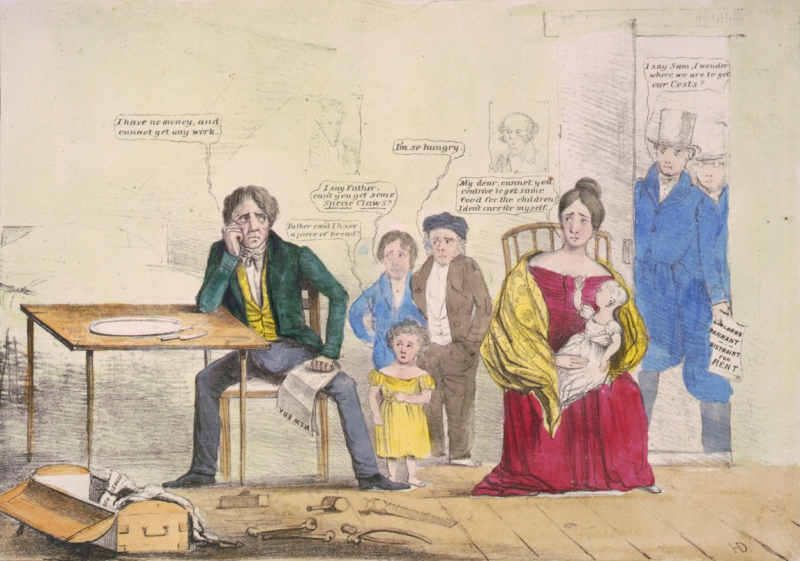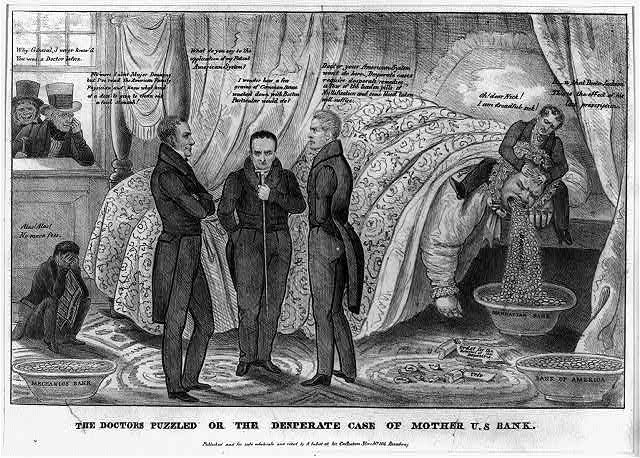His Presidency Was Marred By A Financial Crisis Known As The Panic Of 1837
Jackson helped Van Buren secure the Democratic candidacy for the 1836 presidential election. With 764,198 votes in the popular vote, or 50.9 percent of the total, and 170 electoral votes, he won the election. From March 4, 1837, to March 4, 1841, Martin Van Buren presided over the United States as its eighth president.
The Panic of 1837, a financial catastrophe that sparked a severe recession that lasted until the middle of the 1840s, was the main concern throughout his presidency. There were only state-chartered banks after President Andrew Jackson abolished the Second Bank of the United States. The national bank should be rechartered, according to Van Buren's opponents. Van Buren, however, resisted doing this and instead set up the Independent Treasury to control the country's money supply. One of the main factors in Van Buren's defeat in the subsequent election was the widespread accusation that he caused the recession. But most contemporary economists believe that his regulatory economic strategy was successful in the long run.












